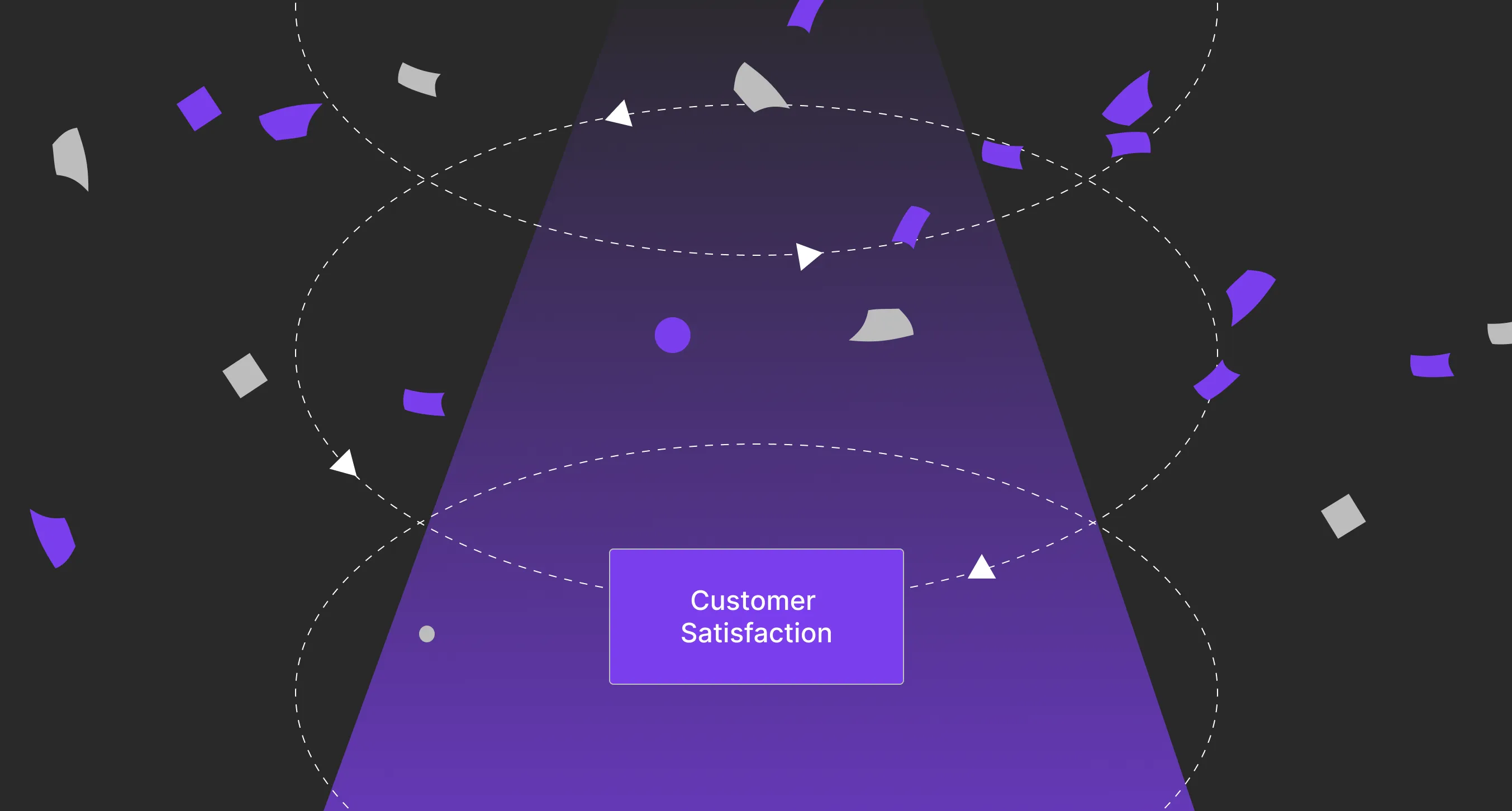What Every Business Needs to Know About Preventing Chargebacks

No online business has ever completely avoided dealing with chargebacks. However, unfortunately, it’s a usual part of business operations. Industry data shows that the average chargeback amount climbed from $165 in 2023 to $169.13 in 2024, signaling a growing financial strain on businesses.
However, businesses should ask themselves not “how to get rid of chargebacks” but “how can we deal with them more effectively?” Many companies attempt to curb disputes by refining return policies, providing more precise billing statements, or training employees on payment processing. While these strategies help, strengthening customer support is the most effective way to reduce chargebacks and maintain customer satisfaction, and outsourcing is one way to achieve that.
In this article, we’ll explore how an expert outsourcing partner can help businesses efficiently handle chargeback disputes, minimizing losses while prioritizing customer satisfaction and retention.
What is a Chargeback, and How Does it Work?
Before discussing how to stop chargebacks and relevant support strategies for handling them, let’s first define the term "chargeback" and explore the reasons why such cases happen.
A chargeback occurs when a payment is reversed, returning funds to the customer’s card after they dispute a transaction. While merchants can initiate a chargeback in some cases, it’s much more often for the customer to file a dispute with their bank.
Chargebacks are often mistaken for refunds, but there’s a key difference: refunds are initiated by the merchant, while chargebacks are controlled by the customer and their bank. When a business issues a refund, it voluntarily returns the payment to the shopper, maintaining control over the process. In contrast, a chargeback bypasses the merchant entirely, with the bank deciding whether to reverse the transaction. Unfortunately for businesses, this process also turns out to be more costly than refunds.
The general chargeback ratio gives vendors insight into customer satisfaction, possible business risks and their management, and exposure to fraud. Oftentimes, this ratio is identified by the business’s card networks. Yet, there’s also a simple formula that can be used to calculate your chargeback rate on your own:
Chargeback Rate Formula:(Total Number of Chargebacks/ Total Number of Transactions)*100
What is a preferable threshold for an average chargeback rate? Well, you will usually see that it's something around 1%. However, keeping it a bit lower, at around 0.9%, is of course much advisable.
The Mechanisms of Chargebacks
How do chargebacks work? It starts when a customer contacts their bank or card issuer to dispute a transaction and request their money back. The bank then forwards the claim to the merchant’s bank, notifying the business that a chargeback process has begun. If a payment gateway or a buy-now-pay-later service is used, they also get involved.
As a merchant, you have the right to challenge a chargeback, but the process can be complex. To dispute it successfully, you must provide strong evidence proving that the product or service was delivered as promised, was not damaged, and met the customer’s request.
Chargebacks are legally required to protect consumers against fraudulent or low-quality purchases. Specific regulations of this process, however, may vary by location. Still, regardless of where a business operates, the chargeback process and the risks it poses for enterprises and their revenue remain the same.
The Main Reasons Behind Different Types of Chargebacks
Even though the chargeback process remains somewhat the same regardless of industry or location, the reasons your customers file such disputes vary. Depending on the case, we can talk about the following chargeback types:
- Merchant error chargebacks;
- Chargeback fraud;
- Friendly fraud.
1. Merchant’s Chargeback
Even the most organized businesses can make occasional mistakes, leading to chargebacks due to merchant errors. These typically include:
- Duplicate transactions, often caused by payment gateway glitches or bugs.
- Incorrect charges, for example, if a discount wasn’t applied, or the wrong amount was processed.
- Violation of card network rules. This could involve mismatched transaction data, exceeding spending limits, or attempting to process payments with insufficient funds.
Any of these issues may prompt customers to dispute a charge through their bank, resulting in a chargeback.
2. Chargeback Fraud
With the rise of digital transactions, chargeback fraud has become more common (especially when proper security measures aren’t in place). This occurs when a fraudster gains access to a buyer’s card or personal information, leading to unauthorized transactions.
Common causes for this type of dispute include:
- Stolen cards
- Identity theft
- Phishing scams
- Hacked customer accounts
- Counterfeit cards created using stolen data
In these cases, the rightful cardholder is not responsible for the fraudulent charges and has the liberty to dispute the transaction and reclaim their funds.
3. Friendly Fraud
More commonly known as chargeback fraud or first-party fraud, friendly fraud happens when a customer disputes a legitimate purchase without a valid reason. This can be intentional or simply due to a misunderstanding.
Common scenarios, in this case, include:
- Buyer’s remorse, when a customer purchases something impulsively and later regrets it.
- Unauthorized family purchases, for example, when a child uses a parent’s card to buy in-game currency without permission.
- Disputes over digital goods.
The last case of friendly fraud is prevalent with subscription services. Customers may claim they never received a product or that it didn’t meet their expectations, just to secure a refund. This can happen sometimes, even after they’ve received and used the product. Nonetheless, there can be legitimate reasons for such a claim as well, which include:
- Technical problems with access, when the user paid for the subscription but couldn’t log in to the account or encountered errors in the system.
- No payment confirmation, which is when the user has made a payment but did not receive an email about subscription activation.
Sometimes, it can even happen so that the client, even though they purchased a service alone, doesn’t fully comprehend how to use it.
Understanding that various reasons can lead customers to file chargebacks, businesses can act more proactively and identify how to prevent chargebacks using relevant strategies to address these disputes and protect their revenue.
Canceled Recurring Billing
Another reason for chargebacks, especially in cases involving subscription-based platforms, is canceled recurring billings. In these situations, the customer disputes the charge, claiming they had already canceled, yet the payment was still processed. This can be due to misunderstandings, technical issues, or an incomplete cancellation process, leading customers to feel they were charged unfairly.
Why are Chargebacks Damaging for Businesses?
Chargebacks are a serious problem for businesses, not just because they require extra time and effort to be processed. High chargeback rates can cause a series of issues for companies:
- Loss of service value, as the money for the product was returned, but the goods had already been provided.
- Decrease in revenue, as companies usually pay a separate chargeback fee for each case, which can vary between $15 and $100.
- Hindered brand reputation, since customers who dispute charges often feel frustrated and may leave negative reviews, deterring potential buyers.
- Risk of blocking payment acceptance, as the company with too high chargeback rates may be disconnected from payment systems altogether.
- Freezing of funds on the account, especially if fraud is suspected on the part of the company.
Overall, if the problem of high chargeback rates persists, your business could even end up on industry blacklists like the MATCH List or Terminated Merchant File, making it nearly impossible to work with major payment providers. And that's why it's important to learn how to avoid chargebacks altogether.
Which Businesses are the Most Affected by High Chargeback Ratios?
Chargebacks can hurt any business, but some industries are hit harder than others. Companies selling digital goods and services, such as SaaS software, online courses, subscriptions, and video games, often face this kind of dispute. Customers may misunderstand the terms, struggle to use the product, or even attempt to get it for free. Subscription services are particularly at risk when users overlook automatic renewals or encounter difficulties canceling.
eCommerce companies also often fall “victims” to chargeback cases, especially when it comes to drop-shipping or products with long delivery times. Customers may be frustrated by delays, unmet expectations, or lost/undelivered packages. And, rather than contacting the seller, they go straight to their bank for a refund.
In the travel and hospitality industry, including hotels and ticket booking services, the high number of chargeback disputes is also nothing extraordinary. Customers often request chargebacks after canceling plans or failing to use a service for which they were charged.
Lastly, financial and cryptocurrency platforms struggle with chargebacks due to "friendly fraud." Customers often regret their transactions or find better economic opportunities, leading them to dispute already processed payments.
Thus, for businesses operating in these industries, understanding the risks of chargebacks, taking preventive measures, and utilizing specific chargeback mitigation techniques are all necessary steps toward protecting revenue and maintaining long-term customer trust.
The Role of Customer Support in Chargeback Prevention
Chargebacks almost always stem from one root cause: customer dissatisfaction. Whether due to confusion, unmet expectations, or frustration, dissatisfied customers are more likely to dispute charges. That’s why proactive customer support is a first step towards reducing chargeback rates.
A well-structured support system helps businesses identify the types of customers most likely to file disputes. By offering these customers a dedicated support flow, businesses can resolve issues long before they escalate into chargebacks.
Having knowledgeable and empathetic support agents also makes a huge difference. Many chargebacks happen simply because customers don’t fully understand the product, service, or billing terms. Quick, clear communication, in that case, can help clarify and resolve concerns before they become costly disputes.
Aside from direct assistance, a well-developed customer support system can also improve payment transparency. For instance, sending automated notifications about upcoming charges and making it easy for customers to cancel subscriptions themselves can significantly lower the number of chargebacks driven by clients' frustration.
At the end of the day, strong customer support doesn’t just solve customer issues but prevents them, protecting your business from unnecessary revenue loss.
Most Widespread Customer Support Mistakes Leading to More Chargebacks
Customer support is surely a beneficial addition to your business, but only when carried out by professionals. Unfortunately, less skilled or knowledgeable agents can cause even more trouble, leading to far more disputes being filed.
How? For starters, if the representatives are not well-versed in your product, they can provide false information to clients, which can be then deemed misleading and result in customers filing more chargebacks. The same goes to generally spreading incorrect information regarding the services through advertisement and payment pages.
Confusing or hidden refund and money-back policies are also among the top reasons driving customers toward chargebacks. If your customer support can’t provide clear information regarding these policies, chances are the client will cancel their purchase and file a dispute through their bank (as it will be the only known way for them to get their money back). It’s also important to provide fast assistance for refund cases, as slow responses (over 24 hours) may be perceived as a sign that your business isn’t interested in returning costs.
It’s also necessary for the support agents to be attentive and flexible. Those support representatives who can’t read the customer’s mood or can’t adjust towards more client-oriented strategies in controversial cases are most likely to push users towards filing chargeback disputes through their banks to avoid dealing with an incencitive brand.
As such, it’s highly important that the client service you establish is trained enough to provide proactive, timely, and empathetic assistance for users on the verge of opening up disputes.
Why Outsourced Customer Support is The Most Helpful in Dealing with High Chargeback Rates
Managing chargebacks is a complex and time-consuming task, and fully relying on an in-house support team may not always be the most effective solution. Outsourcing customer support to a specialized provider can offer businesses greater flexibility, efficiency, and expertise, ultimately reducing chargeback rates and improving customer satisfaction.
Among the major advantages of outsourcing are speed and flexibility. External teams are usually already equipped to handle chargeback disputes efficiently and so can be trusted with complex dispute processes while businesses concentrate on their core objectives. Additionally, these teams bring proven expertise, implementing tested solutions that have already worked for other businesses in similar industries.
Another key benefit is established billing and dispute resolution processes. Instead of spending time developing and refining internal procedures, businesses can work with third-party providers offering ready-made solutions tailored to their needs, ensuring smoother operations and better chargeback prevention.
Following this, with a dedicated chargeback management team, businesses gain access to:
- Experts who specialize in gathering evidence, negotiating with banks, and successfully disputing unwarranted chargebacks.
- Advanced technology to streamline and automate the chargeback process.
- Insights and analytics helping identify patterns in disputes and improve user satisfaction, reducing future chargebacks.
In addition, outsourced teams also guarantee that customer support representatives are fully trained in handling disputes. They possess strong communication and problem-solving skills, an in-depth understanding of billing cycles, and the patience to guide frustrated customers through their concerns, helping prevent disputes before they escalate. Not to mention that reputable outsourcing partners oftentimes offer ongoing learning for their agents to make sure they provide the level of assistance your company deserves.
However, it’s important to choose a company with proven success in lowering chargeback rates within your industry. Chargeback management requires specialized knowledge and cannot be handled through guesswork. Even with skilled agents, working with an inexperienced provider can still put your business at risk of revenue loss and damage to its reputation.
As you can see, outsourcing chargeback management allows businesses to protect their revenue. With the right partner, you can be sure to boost customer experience, reduce administrative burden, and maintain a stronger reputation in the market overall.
Chargeback Prevention and Management: Which Support Service Strategies Work the Most?
As you can see, having a support system is an essential part of the chargeback reduction strategy. However, it’s also important that you use proven techniques to maximise your success when dealing with the issue. Below we will include a couple of working strategic recommendations, coming from our own experience in customer support operations.
Fraud Prevention System
The first support solution that has been proven to be helpful in dealing with chargeback disputes is a Fraud Prevention System. This tool allows businesses to identify and reject high-risk transactions before they escalate into disputes. At EverHelp, we leverage an advanced 3rd party fraud prevention system, which enables real-time transaction monitoring.
One of its distinct advantages is that it provides detailed information to both issuers and cardholders regarding financial transactions, helping to prevent misunderstandings and unauthorized disputes. Moreover, it offers strong pre-dispute evidence, which protects businesses from fraudulent chargebacks. Needless to say, implementing such a system minimizes revenue losses and helps maintain a strong reputation among clients.
Rapid Dispute Resolution
Rapid Dispute Resolution (RDR) is an automated system designed primarily for Visa transactions, working similarly to the Solid Fraud Alert tool. It proactively resolves disputes in the customer’s favor before they escalate into formal chargebacks. Following this, having effective RDRs in place helps businesses avoid the negative effects of such transactions on their overall chargeback rate.
AI Integration
No matter what anyone says, AI-powered tools do help when it comes to both support optimization and dealing with chargeback cases.
Our team, for instance, is actively using AI technologies, integrated into our CRM system, Zendesk. To be frank, this level of digitalization and 24/7 assistance came with quite a few benefits:
- AI technologies helped automate around 38% of total routine customer requests. This allowed us to relocate the efforts to more complex tickets (e.g. refunds).
- The implemented tools also analyze the mood of the customer for us, making it easier to distinguish more complex and urgent cases and prioritize them.
- Thanks to the use of AI, it has also become much easier to track and identify suspicious users or potential fraudsters, allowing the billing team to act quickly and prevent scams.
As such, when used accordingly, AI-powered technologies can provide businesses with the necessary automation possibilities and help deal with serious chargeback cases more rapidly.
Client-Oriented Communication
Despite all the possibilities for automation, effective communication is still a staple of adequate customer support service. The way you interact with customers during disputes can significantly influence case outcomes and overall satisfaction.
To minimize chargebacks, your business should have a clear and structured process for handling disputes, prioritizing fair resolution over simply retaining funds. Aside from that, encouraging customers to contact your support team whenever issues arise can help prevent unnecessary escalations too. As an extra step, consider adding a refund policy section in your Terms of Use to clearly outline situations where users may be eligible for a refund.
Making customer support easily accessible is another significant step. Try to openly display support contact options on your website, as it will allow you to increase the likelihood that frustrated customers will reach out for assistance rather than immediately filing a chargeback.
Most importantly, don’t forget that personalized and empathetic support makes a difference. When agents take the time to address concerns individually, customers feel heard and valued. This builds trust and reduces the chances of them disputing transactions through their bank, protecting your business from chargebacks and helping foster stronger customer relationships.
Other Helpful Solutions
Aside from elaborate technological advancements, businesses can also implement simpler yet highly effective solutions to manage chargebacks more efficiently.
One of the easiest ways to stay ahead of disputes is by setting up real-time alerts for chargeback notifications. These alerts allow businesses to address disputes quickly, resolving customer concerns before they escalate and minimizing dissatisfaction. Another valuable approach is leveraging analytics, reporting, and fraud prevention tools such as fraud screening services, AVS (Address Verification System), and CVV checks. Automating some of these processes with AI-powered technologies can further streamline chargeback management, reducing manual effort while improving accuracy. Lastly, effective case and refund management also proves useful in dispute resolution. It’s a more organized solution that includes handling refunds and keeping clear transaction records. With these in place, businesses can mitigate chargeback risks, protect revenue, and improve customer trust.
When combined, these strategies create a strong defense against chargebacks, helping businesses save time, money, and reputation.
Outsource Your Customer Support and Forget About Chargebacks Altogether
Financial disputes can’t be fully avoided, but their impact on your business can be effectively managed if you learn how to protect yourself from chargebacks. And even despite different primary chargeback causes, there's one proven way to minimize the risks of running into such a case: establishing proactive and responsive customer support. This helps minimize customer dissatisfaction, resolve concerns quickly, and keep your chargeback rate low, preventing disputes from escalating.
Outsourcing is one way to supply your business with the level of excellent customer service required to minimize chargeback rates. By partnering with an external provider, you gain access to a team of experts specializing in chargeback prevention, dispute resolution, and customer satisfaction. More importantly, you can delegate these tasks entirely and get rid of the need for micromanagement while keeping your chargeback risks under control.
If you're ready to find the right partner and end lost revenue, damaged reputation, and payment restrictions, book a meeting with us! Our EverHelp team is here to create a tailored strategy for your business so you can confidently focus on growth.








%20(1).png)
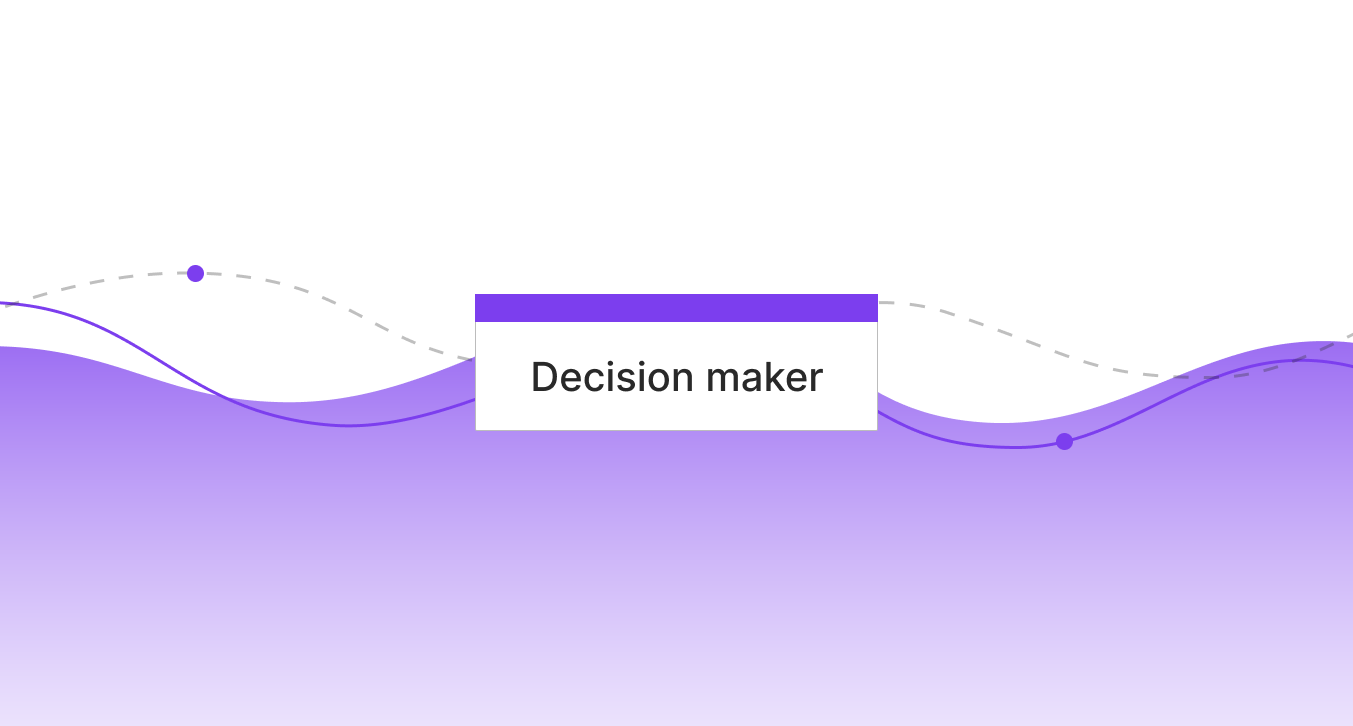

.png)


.webp)


_%20Strategies%2C%20Tools%20%26%20A%20Client%20Success%20Story%20(3).png)
.png)

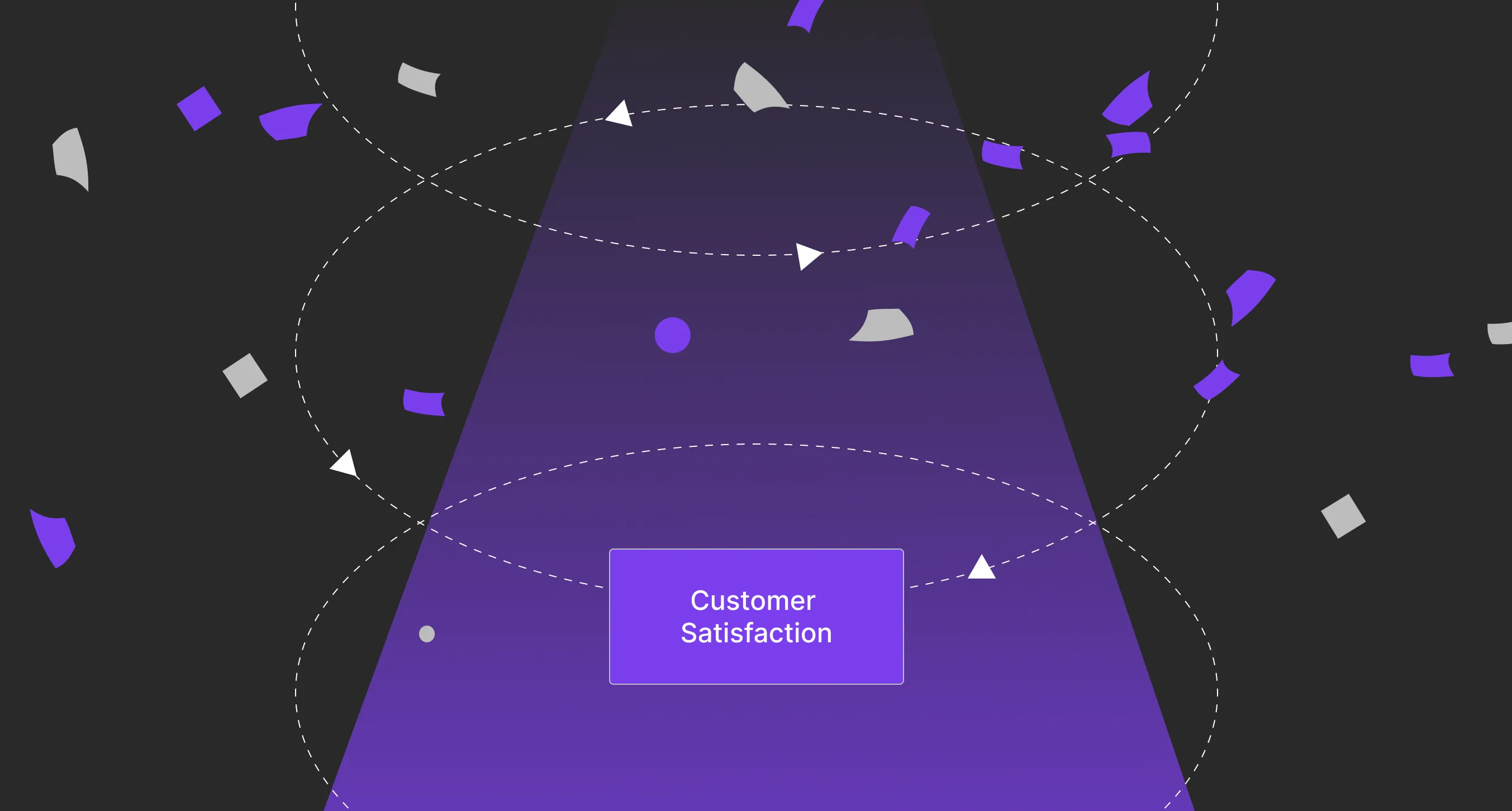

-min%20(1).webp)
.webp)



.webp)





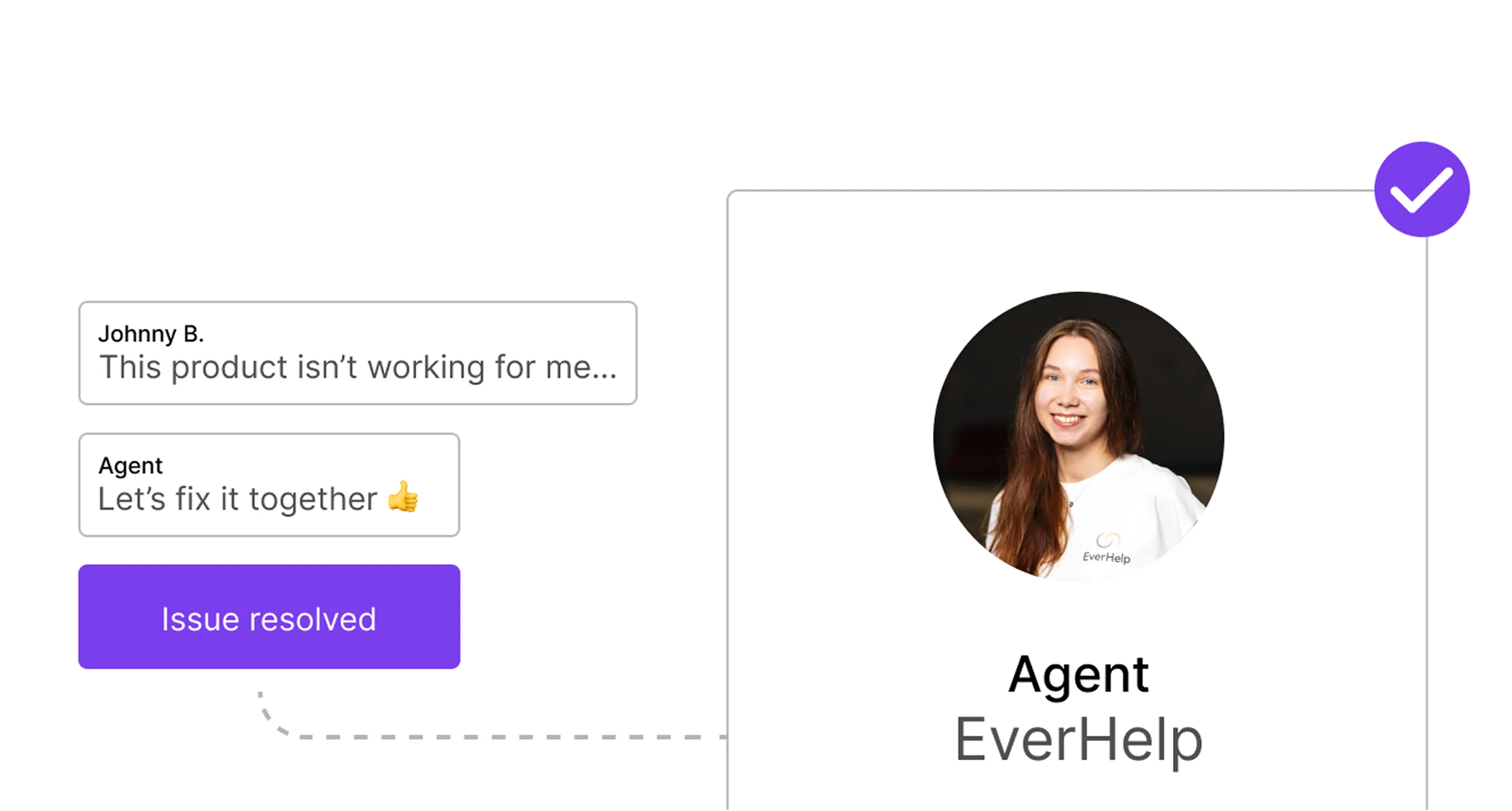



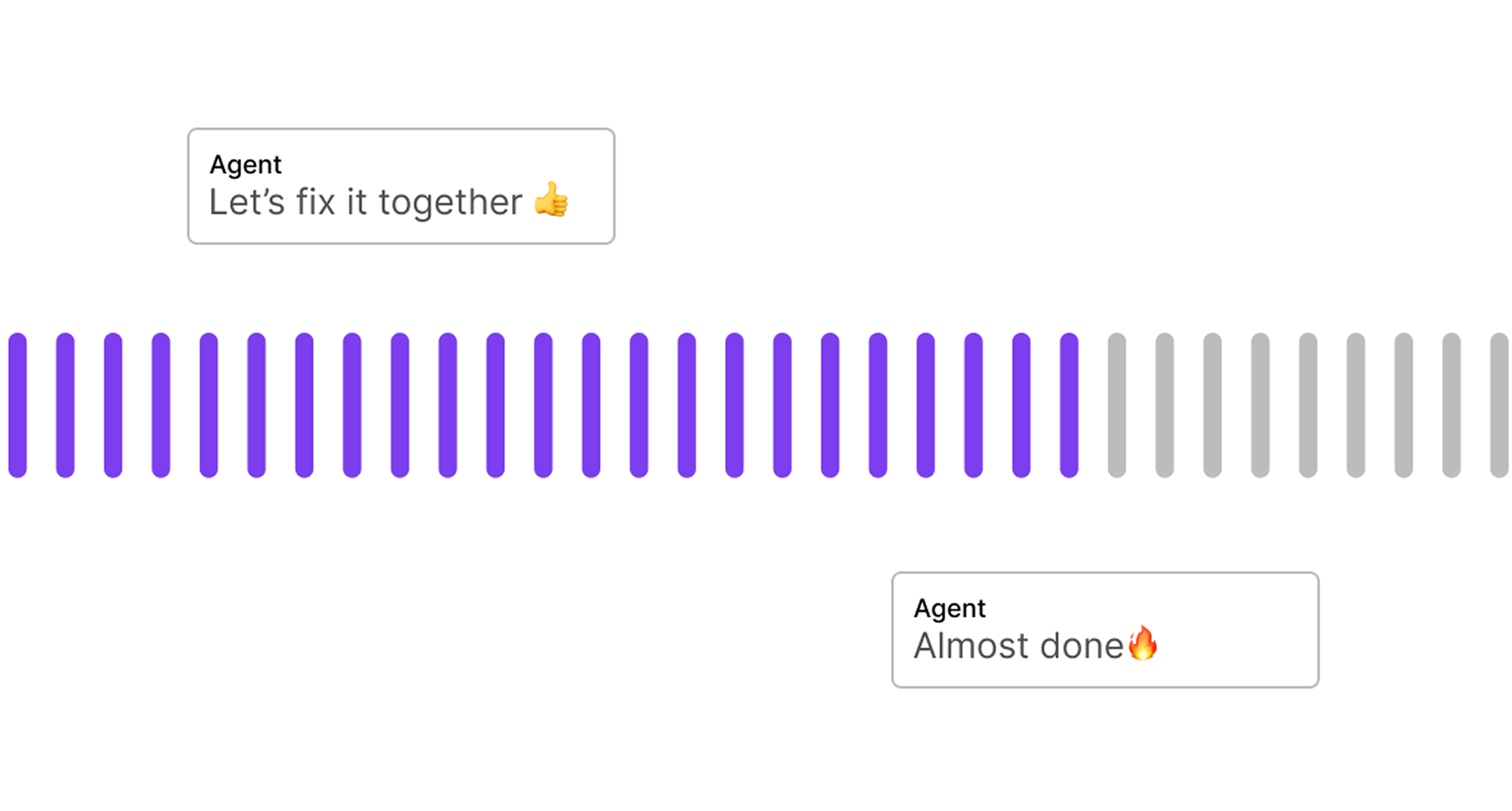



.webp)


.webp)







